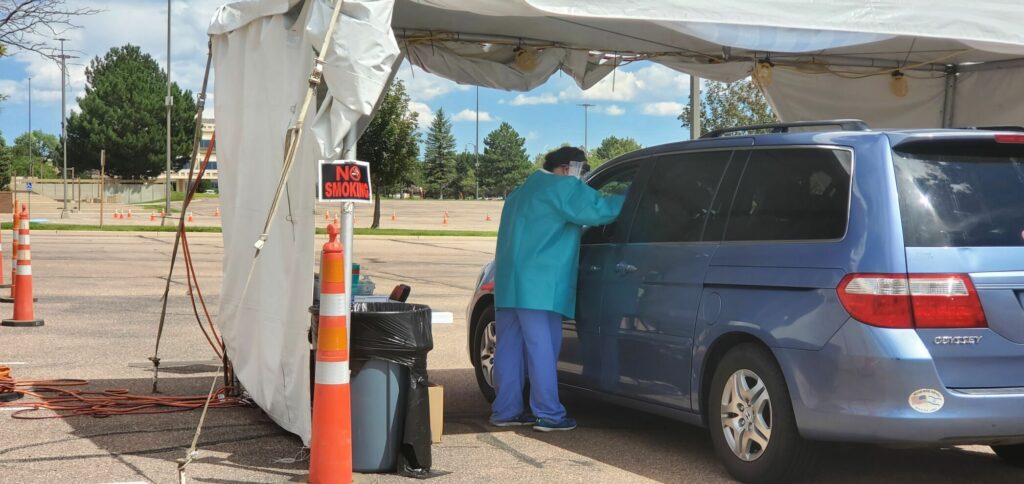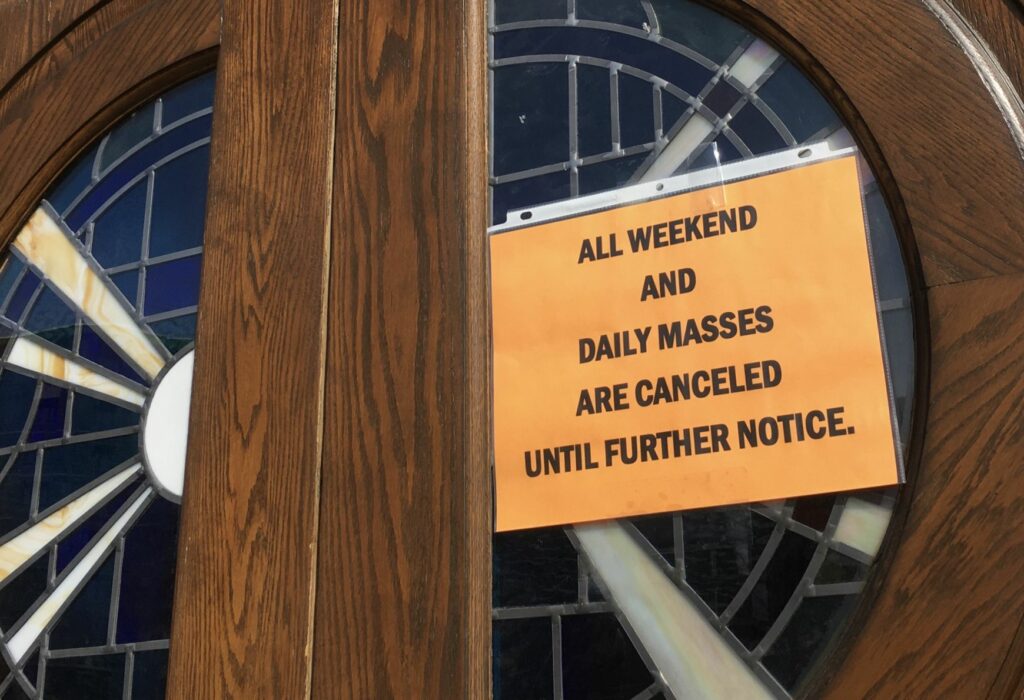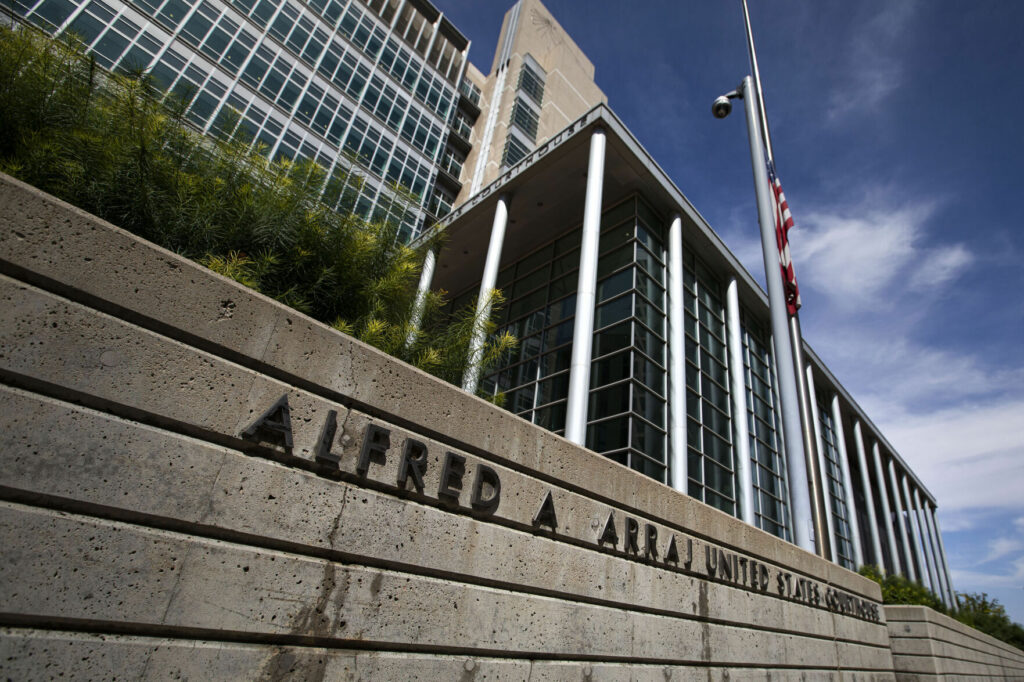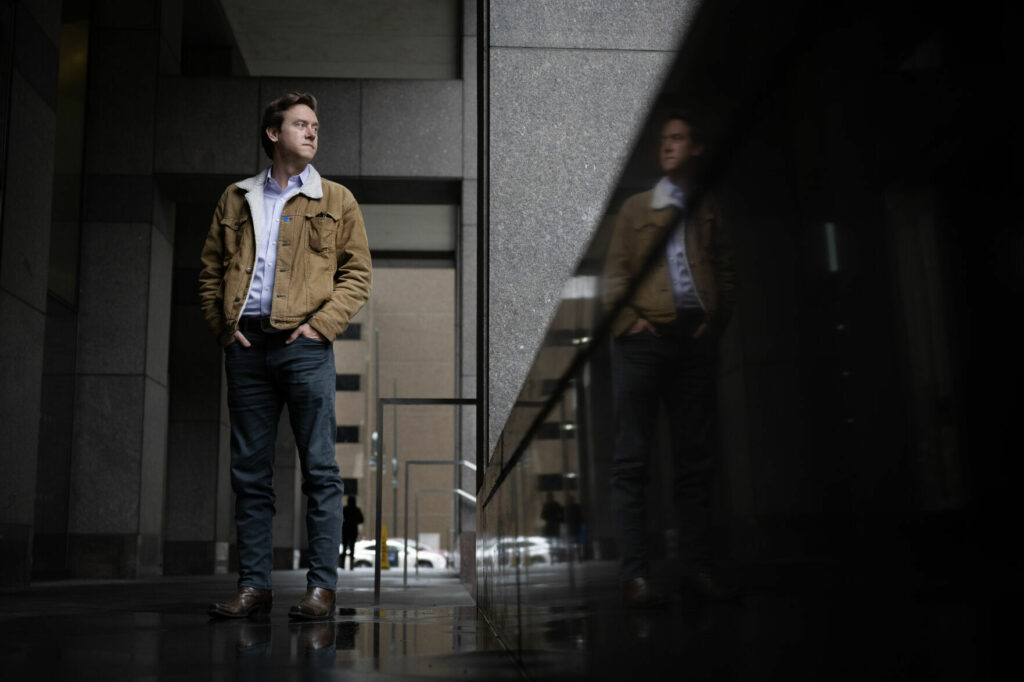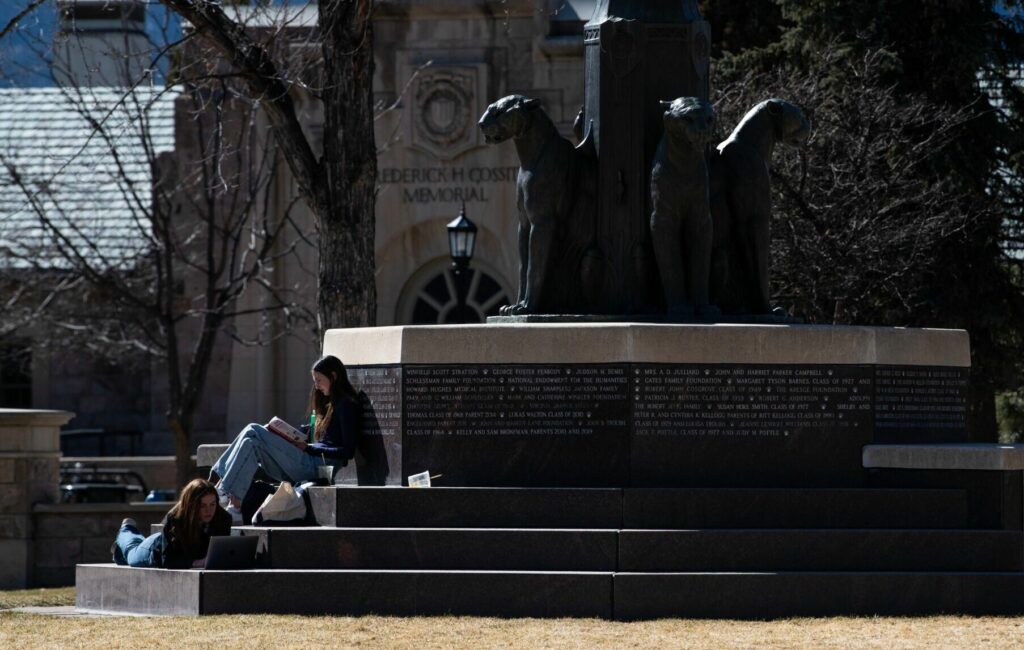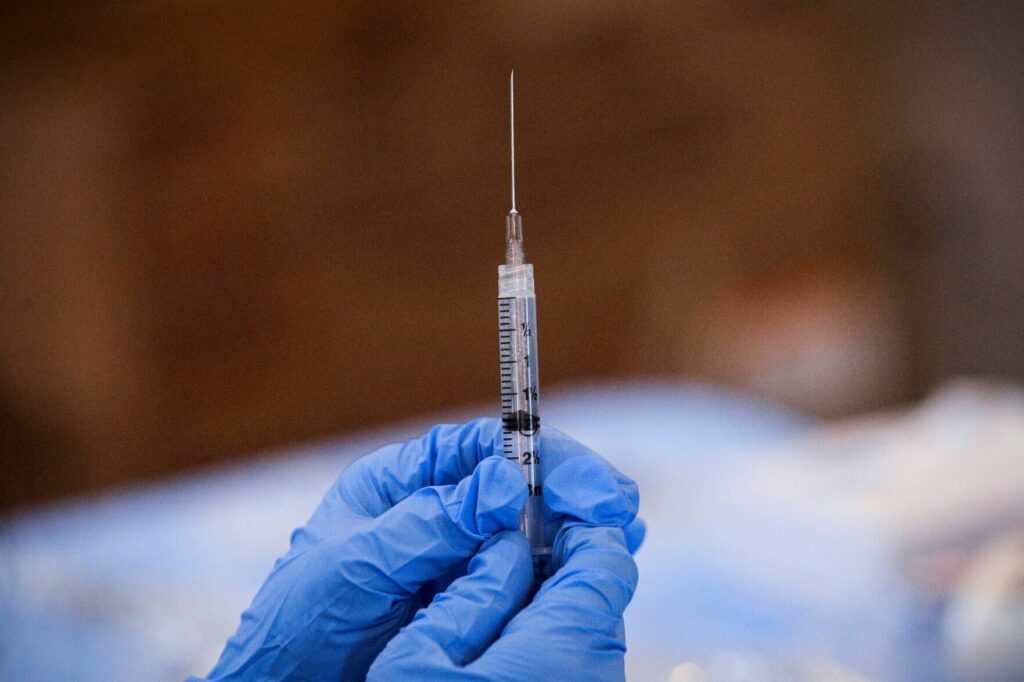Lawmakers seek to extend public health whistleblower protections after pandemic
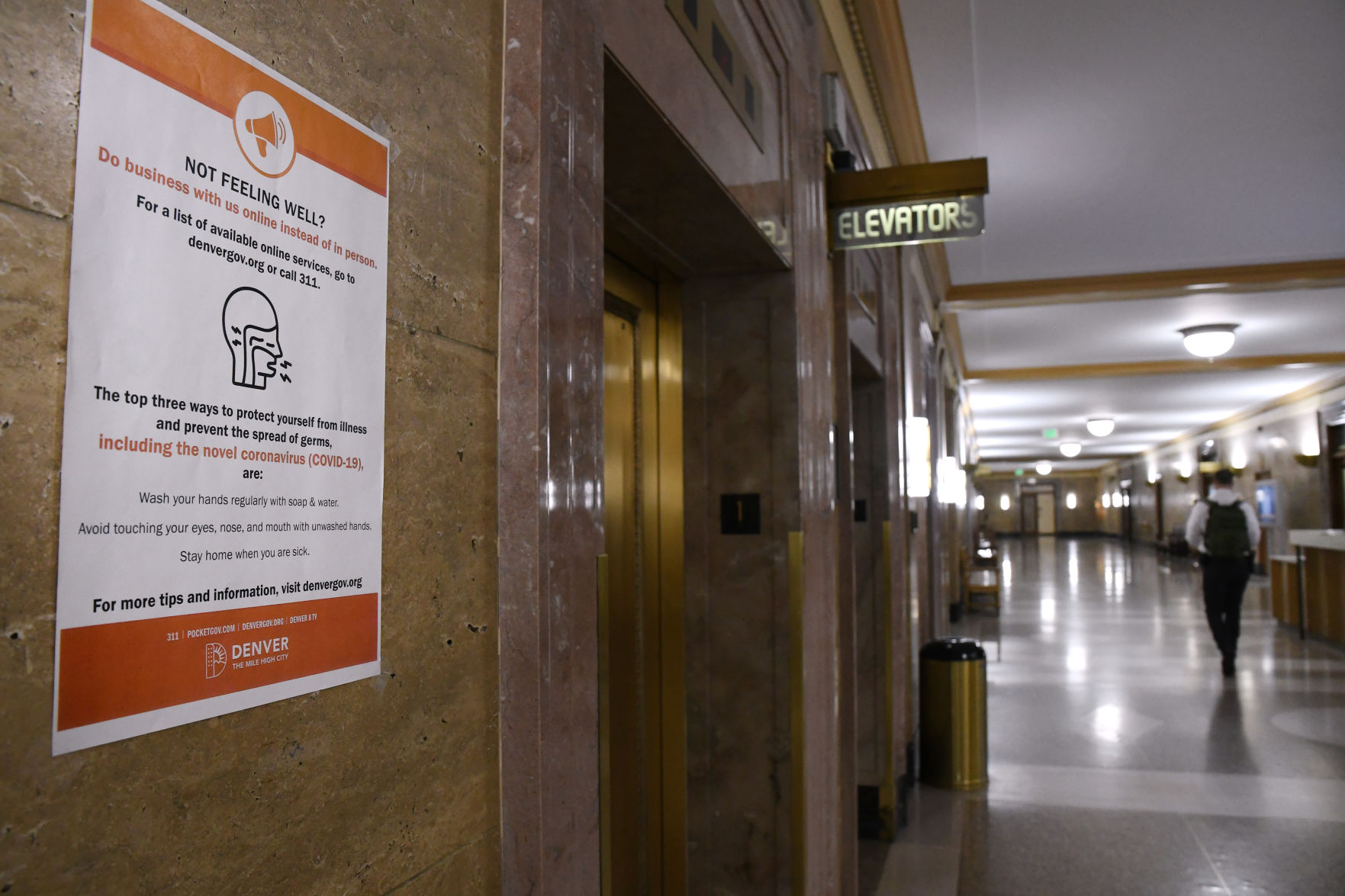
Legislation working its way through the state Senate would extend public health whistleblower protections beyond the COVID-19 pandemic, expanding on protections established in 2020.
If passed, Senate Bill 97 would prohibit retaliation against workers for reporting any workplace health and safety concern or violation of health and safety rules – rather than only protecting reports related to a declared public health emergency. The existing protections were passed by the Colorado legislature in 2020 under House Bill 1415.
“Employees have a right to a safe workplace,” said bill sponsor Sen. Robert Rodriguez, D-Denver. “People need to feel safe at their workplace and be able to report something if there are concerns. It’s good policy for everybody.”
Critics said the bill is unnecessary and it would raise costs.
A Senate panel narrowly advanced the bill Wednesday, passing it in a 3-2 vote along party lines with Republican committee members voting in opposition. Sen. Larry Liston, R-Colorado Springs, said he is concerned about the bill’s financial effects, calling the cost “extraordinarily large.”
By extending the whistleblower protections, the bill would result in around 150 additional complaints per year filed with the Division of Labor Standards and Statistics, according to state estimates. The bill would also result in an estimated six additional cases per year filed with the Department of Personnel and Administration.
The increased workload would require more staff and resources for both departments, costing $948,541 in the first year and $956,565 each year after, according to state estimates.
In addition to the costs, opponents argued that the expanded whistleblower protections provided by the bill are not necessary.
Labor employment attorney Sean Gallagher said the proposed bill is “a solution in search of a problem.”
“It actually provides very little additional protection to Colorado employees,” said Gallagher, who represents the Denver Metro Chamber of Commerce and Colorado Competitive Council. “Colorado already has a very robust safety net of worker protections that protect employees who believe they’ve been retaliated against. … Also, there are multiple federal agencies in place to protect employees who have concerns about workplace issues.”
Supporters of the bill argue that existing whistleblower protections are weak.
Nina DiSalvo – an attorney and policy director at Towards Justice – said the Occupational Safety and Health Administration only provides a 30-day window for victims to file a claim and, afterwards, can take more than two years to process. In 2021, OSHA dismissed 54% of reported claims and found less than 1% of claims to have merit.
DiSalvo said one of her clients, Linda Rodriguez, was allegedly fired after she reported that her company was not providing COVID-19 safety protocols in Spanish for employees who could not read or speak English.
“Thankfully, Colorado’s 2020 whistleblower law protects Ms. Rodriguez,” DiSalvo said. “But it would not protect Ms. Rodriguez once COVID-19 is no longer formally declared a public health emergency.”
The bill will be sent to the Senate appropriations committee for consideration in the coming weeks.



